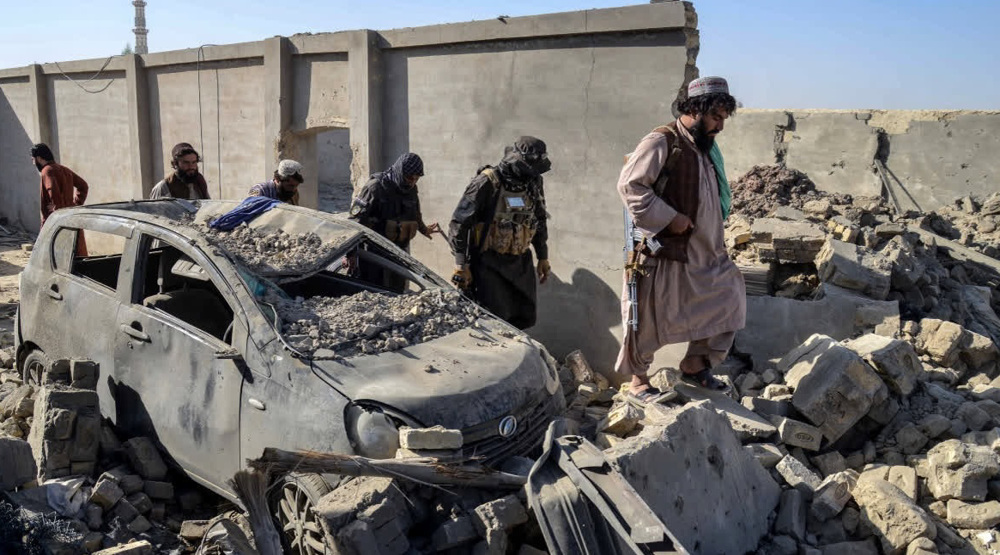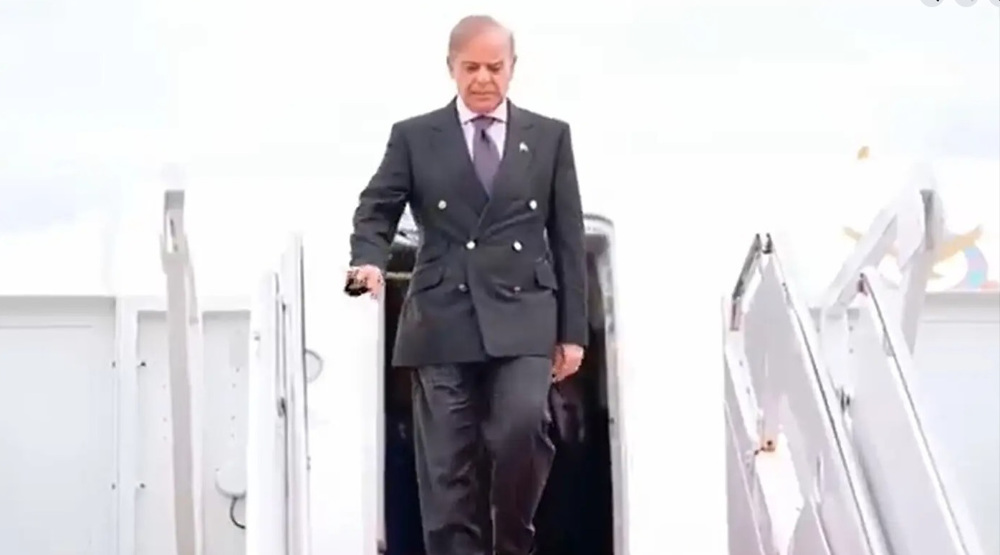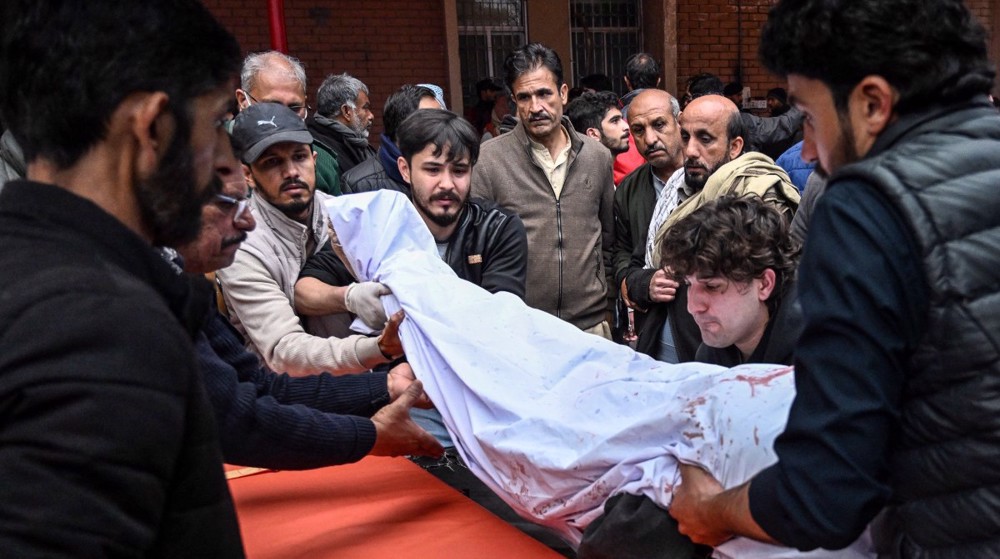Afghan Taliban team in Pakistan to restart peace talks
An Afghan Taliban delegation has arrived in Pakistan to discuss the resumption of peace talks with the Kabul government, officials and militant sources say.
The three-member delegation from the Afghan Taliban's political office in the Persian Gulf state of Qatar arrived in the southern Pakistani port city of Karachi on Tuesday.
A senior Afghan Taliban source based in Pakistan said the team would "soon begin initial contacts with Pakistani and Afghan officials."
"The main purpose of the visit is to explore ways and means to bring peace in Afghanistan," AFP quoted the source as saying. "It is an initial stage and formal peace talks have yet to begin. They have arrived on Pakistan's invitation."
Meanwhile, Dawa Khan Mina Pal, a spokesman for Afghan President Ashraf Ghani, said on Tuesday that Afghan officials would not travel to neighboring Pakistan in order to meet the Taliban leaders.
This comes as senior officials in Kabul have been frustrated by what they see as Islamabad's refusal to honor a pledge to force Taliban leaders based in Pakistan to join negotiations. They have long blamed Pakistan for turning a blind eye to the Taliban militant group whose leadership is widely believed to be based in the Pakistani cities of Quetta and Peshawar, near the border.

On Monday, President Ghani deplored Pakistan to fight Taliban groups on its soil that rejected peace. The Afghan leader also angrily denounced Pakistan for failing to rein in the Taliban militancy.
"I want to make it clear that we no longer expect Pakistan to bring the Taliban to the negotiating table," Ghani said in an address to both houses of the Afghan parliament, adding, "But we want Pakistan to fulfill its promises... and take military action against their sanctuaries and leadership based on its soil. If they can't target them they should hand them over to our judiciary."
Pakistan, which wields influence on the insurgent group, mediated the first round of direct peace talks between delegates from the Afghan government and the Taliban last summer, but a planned second meeting was canceled after news broke that Taliban’s founder and long-time leader Mullah Omar had died two years ago.
There have also been growing differences among Taliban elements over the negotiations, with some vowing to fight for power instead of taking part in the talks.
In recent months, a four-member group comprising Afghanistan, the United States, China and Pakistan has been attempting to revive the talks.
But the lack of progress has left many frustrated as Taliban have stepped up attacks against foreign troops and Afghan security forces since announcing the start of their spring offensive two weeks ago.

Last Tuesday, a militant assault in the heart of Kabul killed at least 64 people and wounded another 340. The bomb and gun attack, claimed by the Taliban, targeted the offices of Afghanistan's main security agency in a densely packed Kabul neighborhood during morning rush hour.
Following the deadly assault General Abdul Rahman Rahimi, Kabul's police chief said, "The initial reports show that the attack was planned outside of the borders of our country" — a language that Afghan officials often use to blame neighboring Pakistan.
Relations between Afghanistan and Pakistan have been tense in recent years over the ongoing militancy. Senior Afghan officials blame elements inside the Pakistani spy agency, Inter-Services Intelligence (ISI), for supporting the Taliban militants, while Islamabad blames the Afghan government for giving shelter to the militants on its side of the border.
Afghanistan is gripped by insecurity more than 14 years after the United States and its allies attacked the country as part of Washington’s so-called war on terror. The war removed the Taliban from power but insecurity is still rampant in the country despite the presence of thousands of foreign troops.
VIDEO | Press TV's news headlines
VIDEO | Iran will not 'capitulate' since it has military surprises for US
China overtakes US as Germany’s top trading partner
VIDEO | Displaced Gazans struggle to find clean water amid Ramadan
VIDEO | Pakistan strikes militant camps along Afghan border after suicide bombings
Iran FM: Chance still exists for win-win solution to nuclear issue
Denmark rejects Trump's plan to send US hospital ship to Greenland
US Secret Service kills man trying to enter Trump’s Mar-a-Lago estate

















 This makes it easy to access the Press TV website
This makes it easy to access the Press TV website